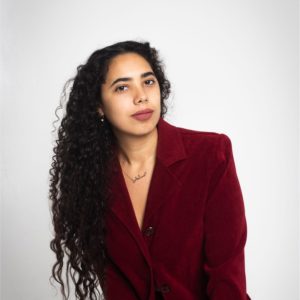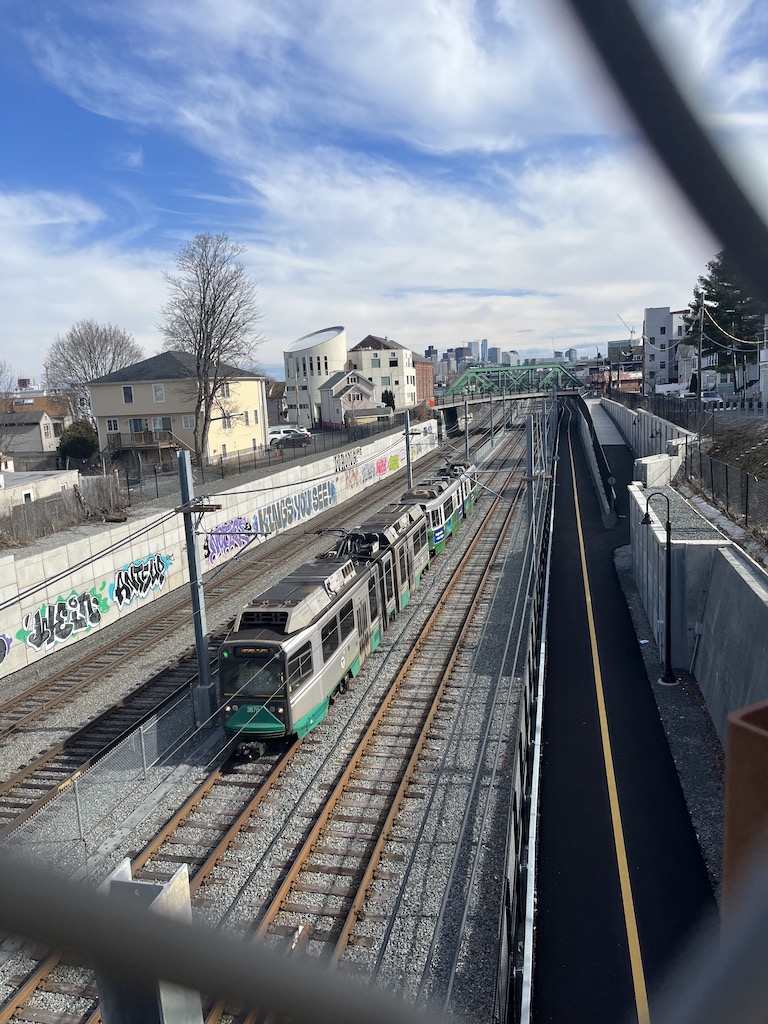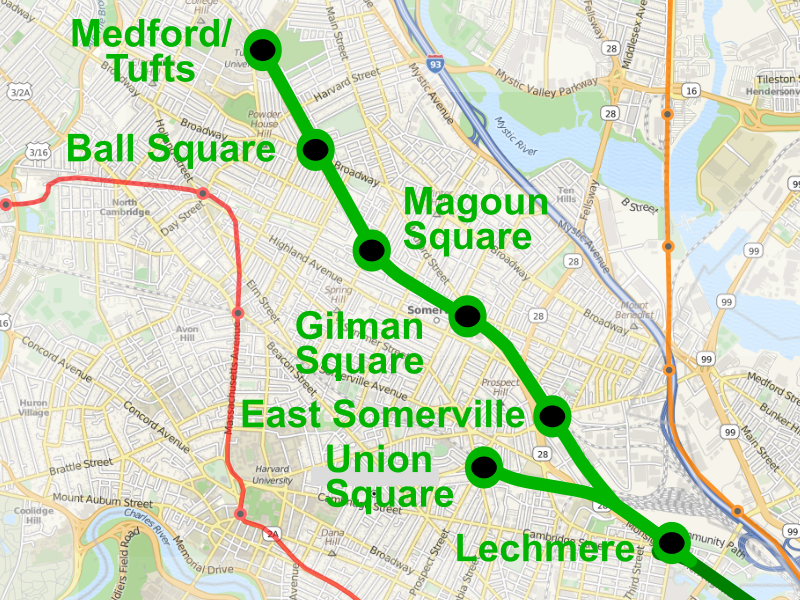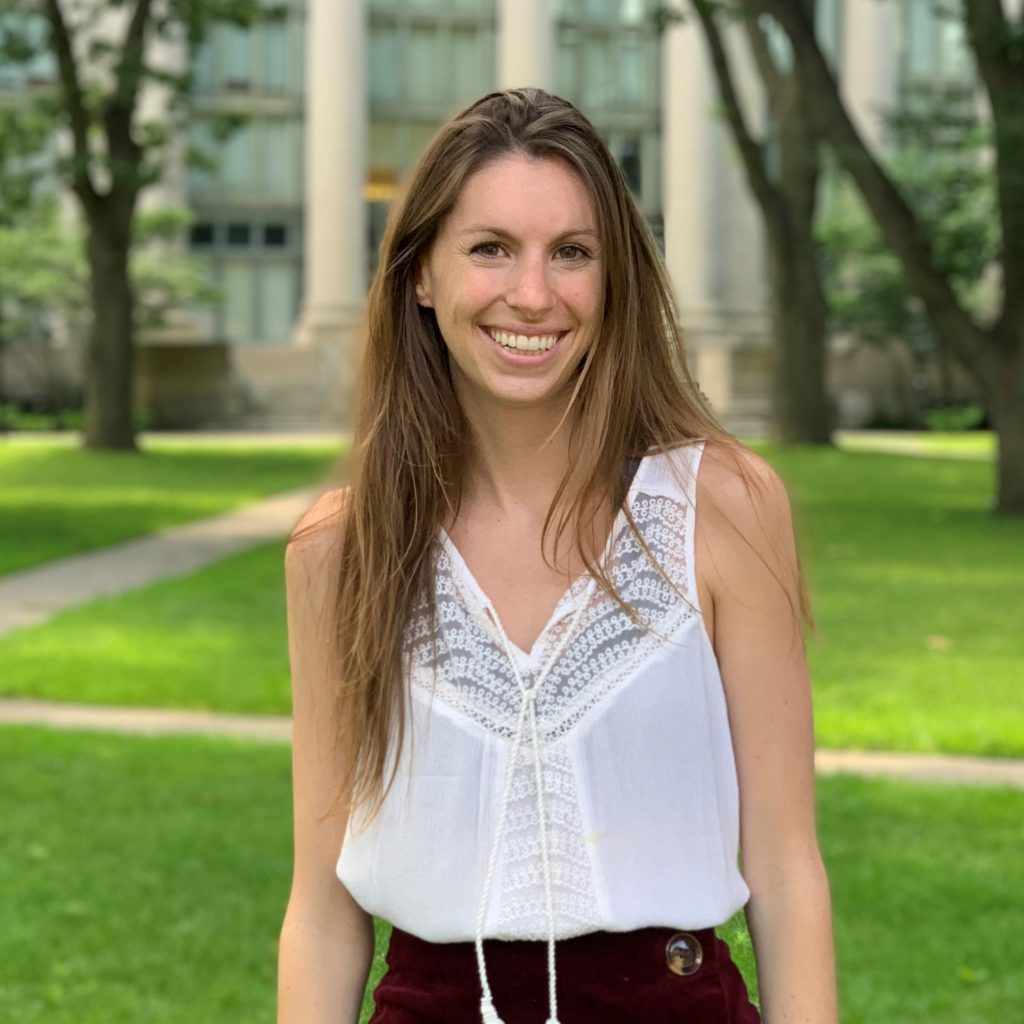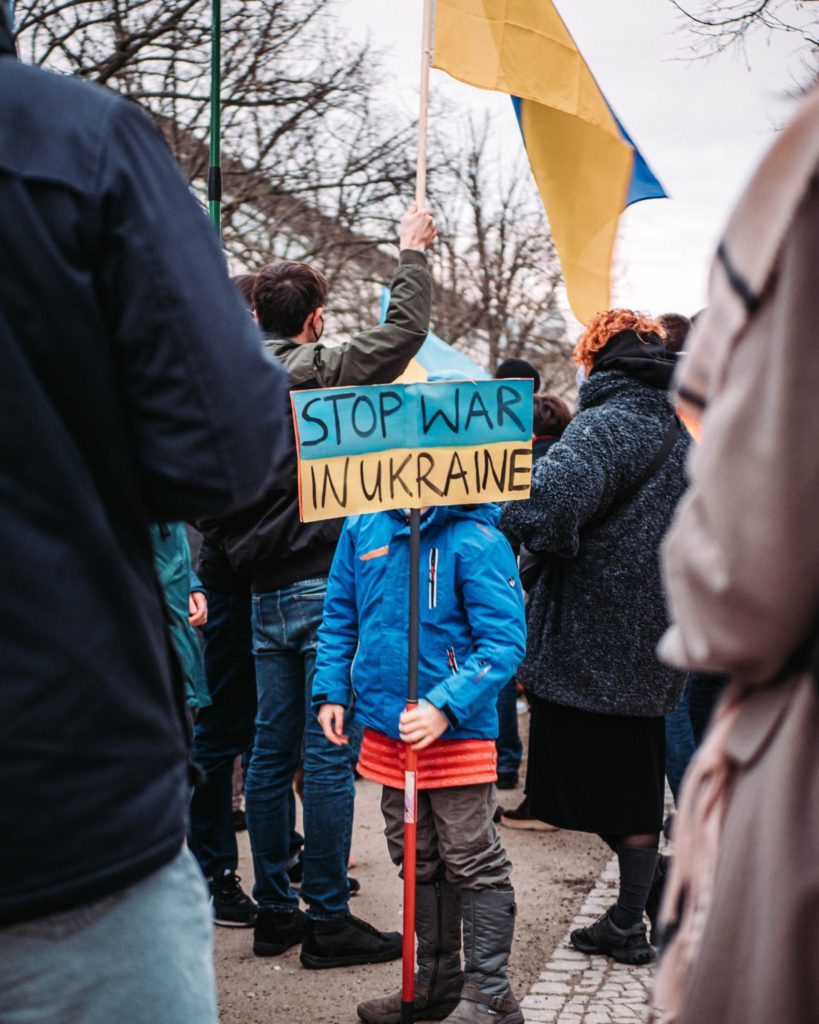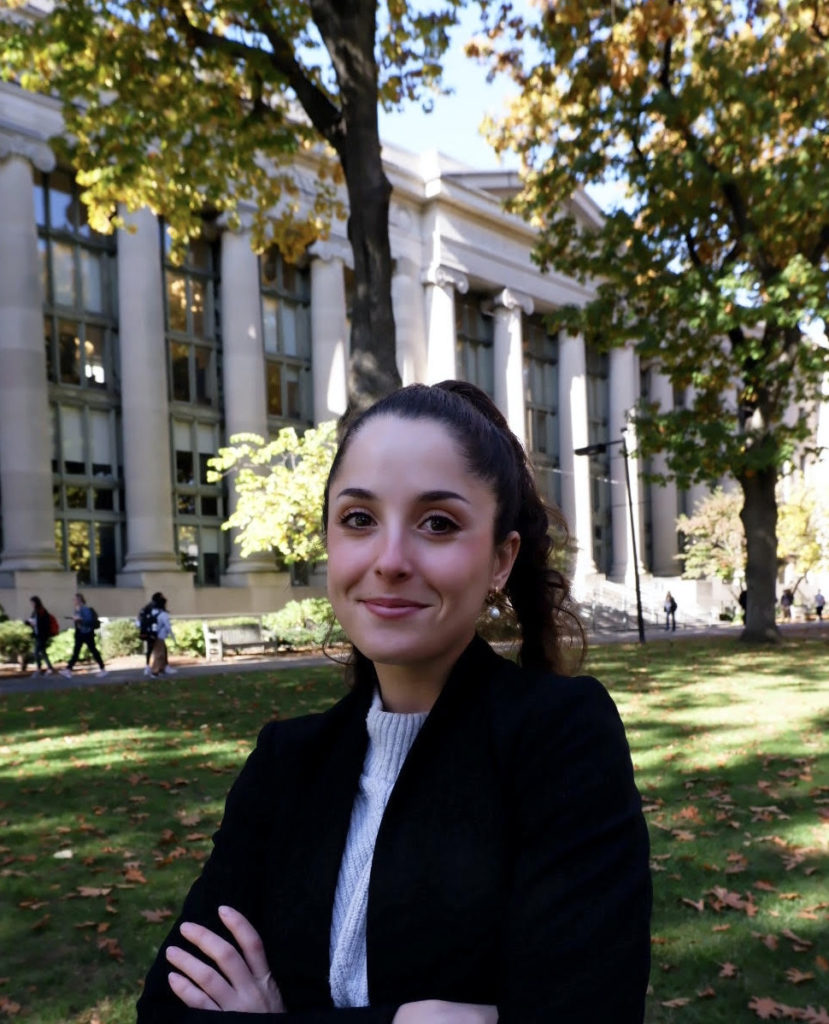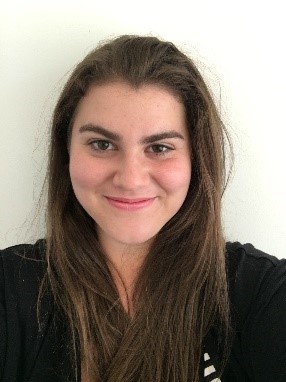By Arlene A. Lopez ‘23
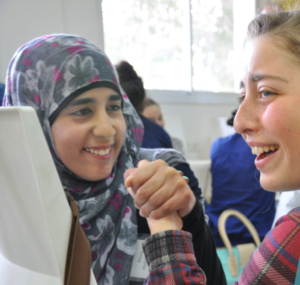 This year, the Harvard Law School (HLS) Negotiators (a student practice organization) had the opportunity to work with the PATHWAYS Institute for Negotiation Education to offer undergraduate students on both sides of the Atlantic an experiential journey into creative negotiation, fostering connections with peers from other backgrounds, and developing critical thinking and communication skills.
This year, the Harvard Law School (HLS) Negotiators (a student practice organization) had the opportunity to work with the PATHWAYS Institute for Negotiation Education to offer undergraduate students on both sides of the Atlantic an experiential journey into creative negotiation, fostering connections with peers from other backgrounds, and developing critical thinking and communication skills.
PATHWAYS is an independent nonprofit organization launched in 2015 to bring negotiation education into educational systems and to build bridges between diverse communities. Its work is based on the Seven Elements of Negotiation developed at the Harvard Negotiation Project at HLS. Since expanding from a 3-year pilot program developed by Dr. Shula Gilad (Program on Negotiation, Harvard Law School) and Dr. Rachel Tal (the Amal school network), PATHWAYS has served more than 3,000 students from Jewish and Arab communities in over 300 schools across Israel. Additional European programming is now also being run by an independent PATHWAYS organization established in Belgium.
In Fall 2021 PATHWAYS welcomed five members of the HLS Negotiators to help facilitate the first-ever edition of Game Changers in Education, its new virtual exchange and joint learning program, supported by the Stevens Initiative. Our group in the program brought together more than 30 undergraduate students at universities and teachers colleges both in North America and Israel, including Bridgewater State University, Al-Qasemi Academy, and Oranim Academic College.
Under the direction of Avi Goldstein, the Founder and International Executive Director of PATHWAYS, the students and facilitators alike found this initiative to be a strong example of how to successfully conduct online negotiation training. The training involves students engaging in intuitive activities (i.e. a game, role play, or simulation), examining their results together, reflecting on what factors affected their outcomes, and determining what they might want to change or try the next time around. Not only does this allow students to uncover their own assumptions and preconceptions that shape how they negotiate with others, but it also develops their problem-solving, communication, and interpersonal skills.
Members of the HLS Negotiators working on the project this past semester included Kate Strickland as Project Lead (J.D. ’23), and members Nils Ivars (LL.M ‘22), Arlene Lopez (J.D. ’23), Seth Rubenstein (J.D. ’22), and Elena Torres-Pepito (J.D. ’24). As facilitators, HLS Negotiators members participated in a variety of ways including leading small group breakout sessions, encouraging student participation through thoughtfully posed questions, providing clarity and structure to how students interact in small breakout groups, and sharing personal experiences to help inspire full engagement from students.
Reflecting on the class, Arlene shared, “it was great to see students, who clearly came from not only different backgrounds and cultures but from entirely different parts of the world, engage with each other and learn from each other. At times it became clear the extent to which students sincerely engaged with the program, materials, and their peers. This is an opportunity that I believe could prove most useful the earlier in time it is introduced into a person’s academic, professional, and personal development.”
Nils, an LLM at HLS, shared his thoughts on the experience. “It was truly an eye-opener to see Avi Goldstein’s very interactive—perhaps you can even describe it as unconventional—methods of teaching negotiation. Negotiation is so much about connecting to and understanding your own and your counterpart’s interests, values and motivations and it was fascinating to see the ways in which the students got to practice these skills.”
The class would often start with activities that would challenge students to engage with one another as a full class, such as, for example, through a “follow the leader” styled activity where a student leads in doing different physical actions, the rest of the class follows, and one student (not a follower) is tasked with figuring out who the leader is. Students would then go to small-group breakout sessions, where participants had the opportunity to reflect, share, and connect with one another about various topics related to their personal experiences in education and negotiation. After the class debriefed from the check-in, the class would then dive into the substantive material of negotiations, emphasizing the practice of a different aspect and element of negotiation in each of the two weekly sessions.
While facilitating, HLS Negotiators also had the opportunity to see the Seven Elements in action as students applied them in exercises. While negotiations can be challenging both in the real world as well as in simulations, there was a clear level of comfort, confidence, and camaraderie that developed over the course of the training. Whereas many students started out quiet and shy, by the end of the term as a cohort they grew confident in voicing their opinions, engaging directly with each other, and doing so in a respectful manner.
The virtual environment is, of course, not without its own fair share of challenges. Connection issues occasionally arose for some students, and even environmental factors like heavy winds and rain from a Nor’easter forced one class to be rescheduled due to power outages and canceled classes at BSU. To further complicate matters, time zone differences and language barriers needed to be coordinated and bridged in designing and scheduling the program. Despite this, however, the program successfully managed to teach the Seven Elements, challenge students to practice their negotiation skills, encourage mutual understanding through team-building activities, and support these future educators in thinking about how they can be “game changers” in bringing negotiation into their classrooms and educational communities.
As the Game Changers in Education program grows to new partner institutions and expands to multiple cohorts per semester, HLS Negotiators was asked by PATHWAYS to collaborate again for the just-completed Spring 2022 semester—and hopefully beyond! We look forward to welcoming new members onto this project and facilitating the training of even more students in colleges in the U.S. and in Israel.

